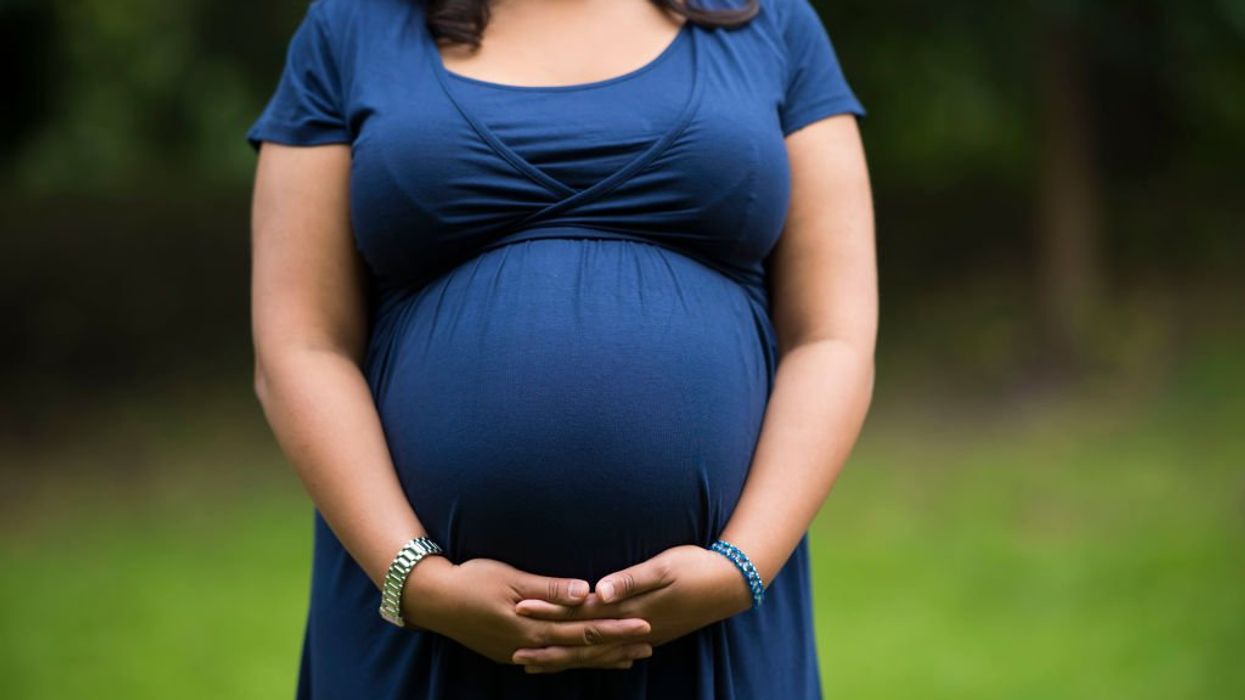
Photo by Matthew Horwood/Getty Images

The World Health Organization says that one out of six people globally are unable to conceive after a year of having unprotected sex, as reported by CNN.
Lifetime infertility was 17.5% according to a recent WHO report, which analyzed data across a period of about 30 years. The data, according to the controversial world body, does not point toward any significant change or increasing rates of infertility. The report also does not conclude there are any substantial differences in fertility tied to regions of the Earth.
“The data which we analyzed for this report was from 1990 to 2021, and during that period, we did not see evidence of increasing rates of infertility. However, the way the data was arranged, it was not really organized to answer that question,” says Dr. James Kiarie, head of contraception and fertility care at WHO.
A tabulation of data from 2015 to 2019 by the Centers for Disease Control and Prevention says that for 13.8% of women ages 15-49, "it is difficult or impossible to get pregnant or carry a pregnancy to term."
In 2022, WebMD also said that "infertility rates among women in the U.S. have remained about the same over the past 2 decades," citing the journal Fertility and Sterility.
In addition, a 2016 report from Premier Health predicted that infertility rates would rise, but stated that the current infertility rate was 15% at the time.
"After a year of having unprotected sex, 15 percent of couples are unable to conceive a child. And, after two years, 10 percent of couples had still not achieved a successful pregnancy. That’s dramatically different than it was 20 or 30 years ago."
"A few decades ago, most women had their first child at about 21. Today, that age is closer to 26 or 27," the reported stated, which aligns with other reports regarding how age is affecting fertility rates.
"Women ages 40 to 44 were 11 times more likely to have infertility," WebMD stated in its report.
Dr. Emre Seli of the March of Dimes spoke to CNN, plainly stating, “Fertility decreases as the age of the female partner increases."
Dr. Pascale Allotey, director of the Sexual and Reproductive Health and Research Department at the WHO, called infertility a "widespread health issue," adding that treatments and diagnoses remain underfunded.
“Infertility is an important public health concern because it can have wide-reaching negative impacts on the lives of the people affected,” Allotey said.
“WHO is calling for universal access to affordable high-quality fertility care, improved data to enable infertility to be meaningfully addressed in health policy and programs, and greater efforts to ensure this issue is no longer sidelined in health research and policy," the director added.
Like Blaze News? Bypass the censors, sign up for our newsletters, and get stories like this direct to your inbox. Sign up here!
Andrew Chapados